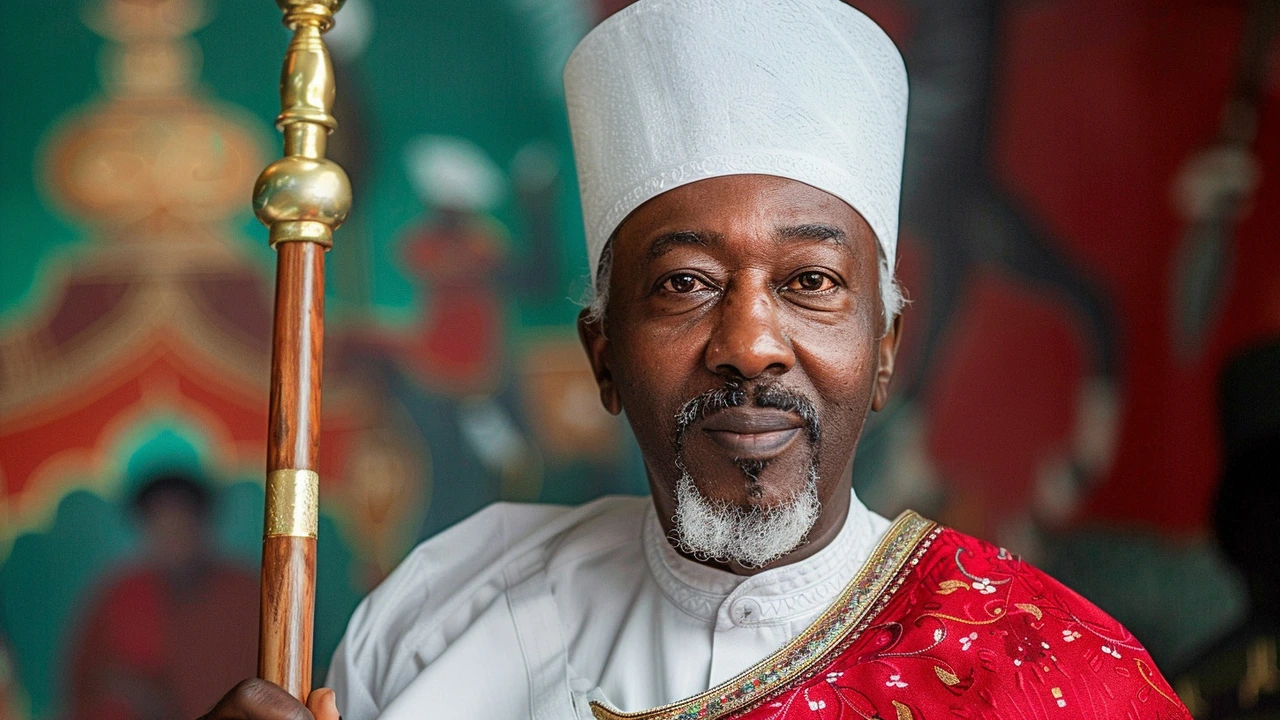Stay Informed on Nigerian Politics: What You Need to Know
Nigerian politics can feel like a whirlwind, constantly shifting with new developments and tough decisions. Understanding the key events and players can help you make sense of the news and how it affects everyday life in Nigeria.
One of the recent highlights has been the National Youth Service Corps (NYSC) raising monthly allowances to N77,000 starting February 2025. This jump aims to support young Nigerians serving their country, reflecting ongoing efforts to improve economic conditions.
Government Moves and Economic Decisions
The Central Bank of Nigeria has also played a big role lately by holding interest rates steady at 27.5%. Their choice came after inflation showed signs of cooling and the foreign exchange market stabilized — good signs for businesses and consumers alike. These financial decisions impact everything from loans to price stability in daily life.
Meanwhile, political figures like President Cyril Ramaphosa, though not Nigerian, influence regional politics that affect Nigeria as well. Keeping an eye on such leaders helps understand broader shifts in policies and alliances.
Challenges and Public Concerns
Public frustration remains over service interruptions from telecom companies like 9mobile, showing how infrastructure issues still disrupt daily routines. These problems have pushed citizens to call for stronger regulatory actions to protect consumer rights.
On the political front, parties like the Economic Freedom Fighters (EFF) raise voices against tax hikes and government plans, sparking debates on fair economic policies. These discussions influence not just politics but also how the economy will move forward for regular Nigerians.
Keeping tabs on these developments gives you a clearer picture of Nigerian politics, beyond just headlines. Whether it’s economic updates, political shifts, or social issues, understanding the details helps you stay engaged and informed about the country’s future.
Sanusi Lamido Sanusi II Reinstated as Emir of Kano Amidst Political Shifts in Nigeria
In a historic move, the Kano State House of Assembly has reinstated Sanusi Lamido Sanusi II as the Emir of Kano, following the removal of Emir Bayero and the abolition of four newly established emirates. This decision underscores significant political shifts and aims to centralize power within the traditional Kano Emirate Council once again.

